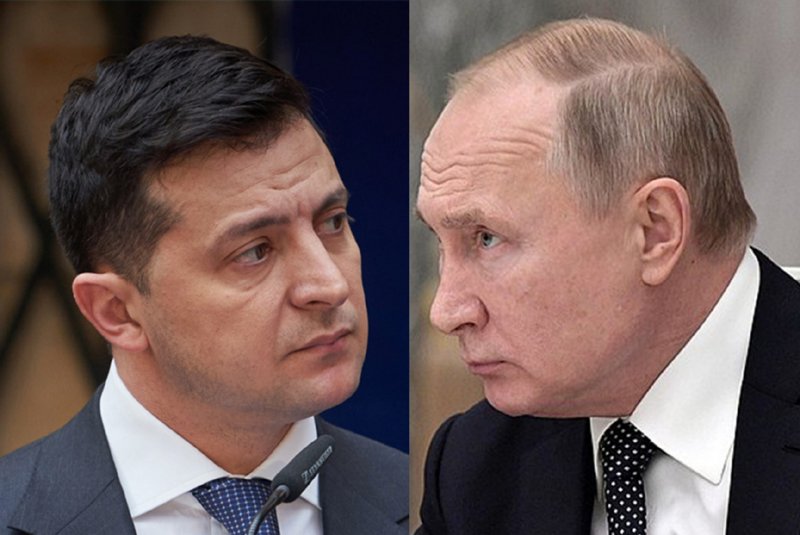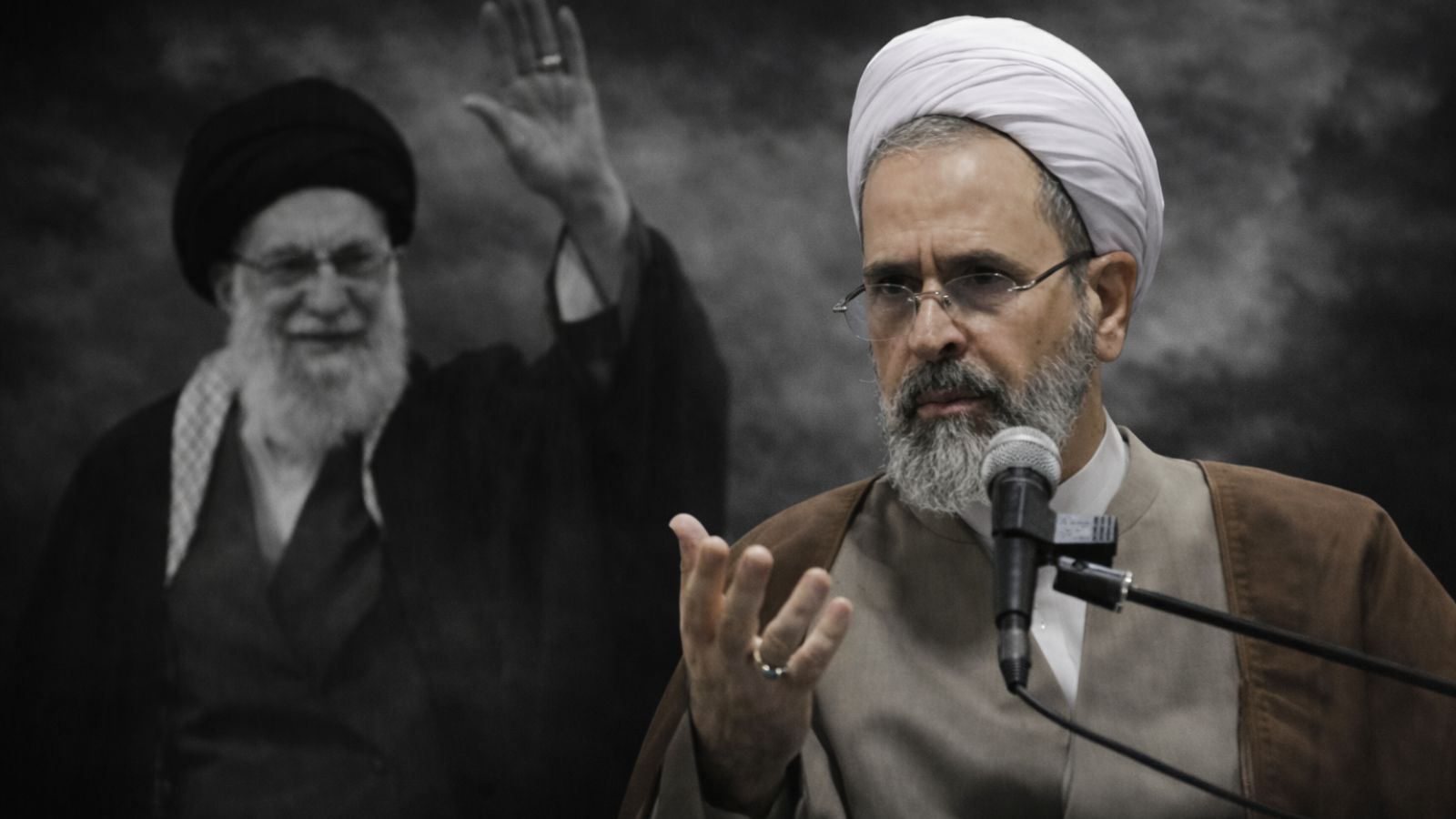No Christmas Ceasefire, Russia Rejects Ukraine Peace Proposal
After nearly ten months of combat in Ukraine, Moscow has announced there would be no “Christmas ceasefire,” with violence expected to continue throughout the winter.
“There is no calm on the frontline,” the Ukrainian president, Volodymyr Zelenskiy, said in his regular evening video address on Wednesday. “Every day and every metre is given extremely hard. And especially where the entire tactic of the occupiers boils down to the destruction of everything in front of them with artillery – so that only bare ruins and craters in the ground remain.”
Asked on Wednesday whether Moscow had seen suggestions for a “Christmas ceasefire”, Kremlin spokesperson Dmitry Peskov said: “No, no such offers have been received from anybody. This topic is not on the agenda.”
Zelenskiy had called on Russia this week to start withdrawing its troops by Christmas as the first step towards a peace deal, but Peskov said on Tuesday there would be no peace with Kyiv until Zelenskiy accepted the “realities” on the ground – referring to Russian control over parts of four Ukrainian regions it annexed in September following coercive and illegal “referendums”. Kyiv has recovered control of almost half of the land Moscow conquered in the initial weeks of its invasion, thanks to a series of quick Ukrainian counteroffensives.
The severity of the ongoing fighting, according to White House national security spokesperson John Kirby, dampened hopes for a quick conclusion to hostilities.
“Just given what we’re seeing in the air and on the ground in Ukraine, it’s difficult to conclude that this war will be over by year’s end,” Kirby said in response to a question about the prospects for a negotiated peace with the Russian president, Vladimir Putin. “So there is active fighting going on right now. We would expect that that will continue for some time going forward.”
Separately, Canada said on Wednesday that it will rescind a sanctions waiver that enabled Nord Stream 1 turbines to be fixed in Montreal and returned to Germany.
On August 31, the pipeline beneath the Baltic Sea was shut down for maintenance but not reactivated. A month later, it was severely destroyed by a series of explosions. European countries believe the pipeline ruptures, as well as another termed Nord Stream 2, were caused by sabotage. Putin has rejected western suspicions that Russia was behind the explosions as “crazy”.
“Putin has been forced to show that his intention was never to return Nord Stream 1 to full operation, and that the pipeline itself has been rendered inoperable,” Canada’s foreign minister, Mélanie Joly, and natural resources minister, Jonathan Wilkinson, said in a joint statement.
They stated that the decision was taken after working closely with Ukraine, Germany, and other European partners.
Despite the lack of peace negotiations, hundreds of detainees have been released in recent weeks through prisoner swaps. The releases, together with progress in discussions to resume Russian shipments of a fertiliser component and the continuation of a grain agreement, have demonstrated that the two sides retain at least limited touch on various levels.
According to Kyiv and Washington, the recent swap of hundreds of inmates included a US citizen.













